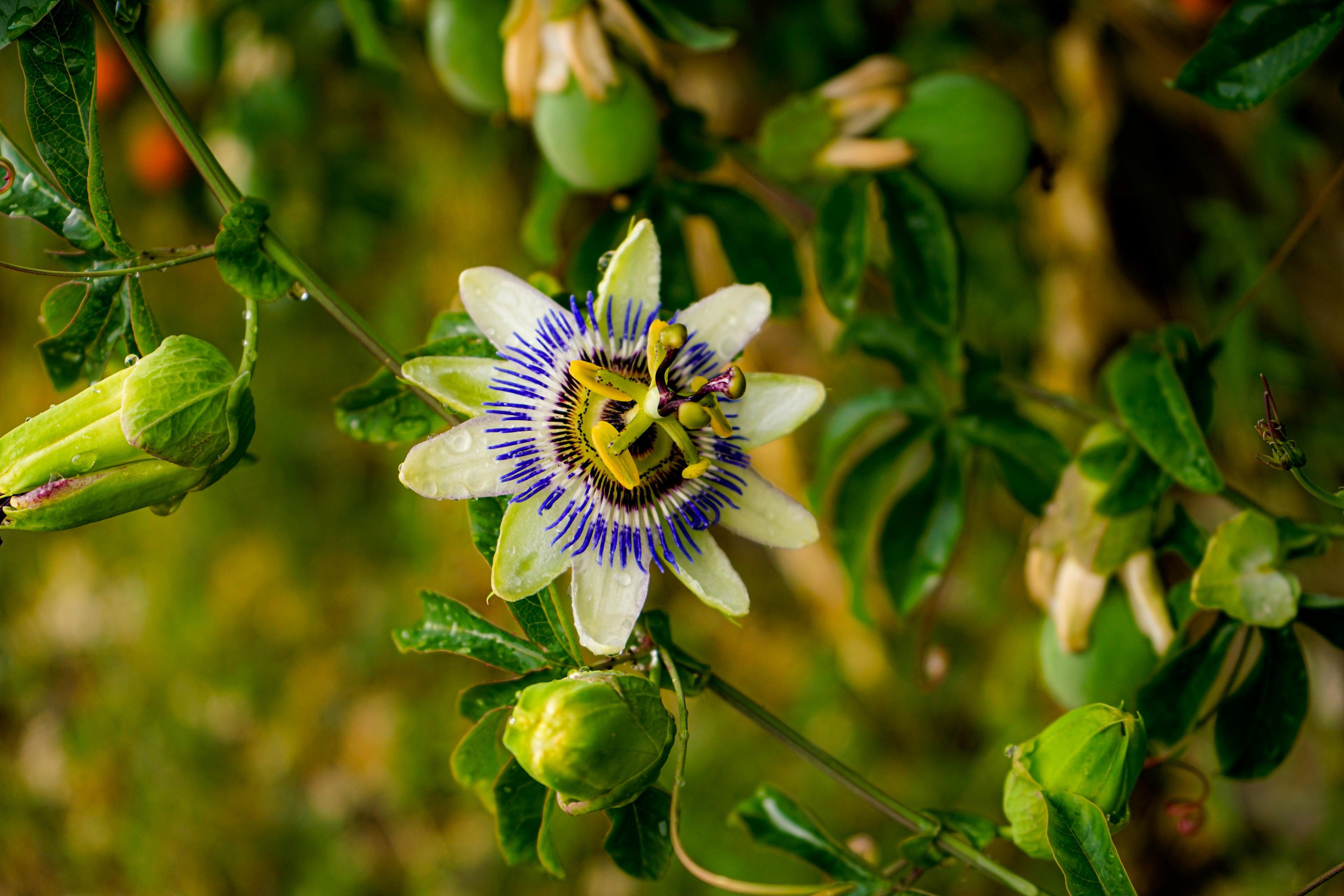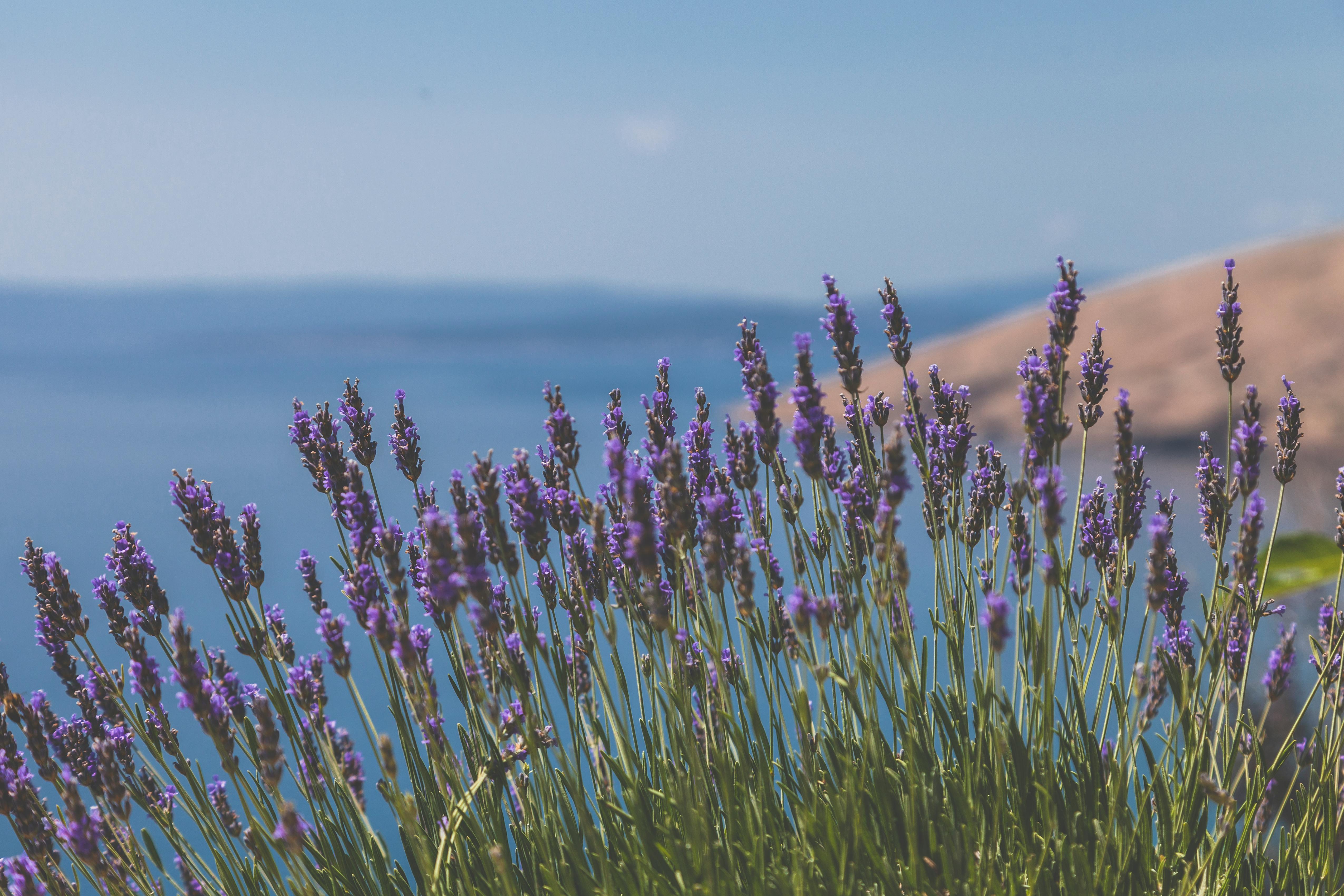In a world obsessed with quick fixes and instant gratification, herbal infusions are a quiet rebellion.
These slow-steeped, mineral-rich brews offer deep nourishment for the body, especially in times of burnout, stress, and depletion. This is for you if you’ve been feeling exhausted, anxious, or just… empty. Herbal infusions are potent, time-tested medicines. And they might be the simplest, most powerful way to rebuild your strength from the inside out.
What Is an Herbal Infusion?
Herbal infusions are one of the most uncomplicated yet most potent ways to receive nourishment from these healing plants. While a standard tea is typically steeped for 5–10 minutes with a few teaspoons of herbs, an infusion uses a much larger quantity of herbs and is steeped for hours instead of minutes. This longer steeping time allows for a greater extraction of vitamins, minerals, and phytonutrients, especially from tougher plant parts like leaves and stems. Minerals are rock-like substances that need time and heat to open up and become available to the body. And infusions are one of the best ways to do this!
In herbalism, infusions are often made with nutritive herbs—gentle, food-like plants that can be taken daily over time to rebuild a depleted system. These herbs don’t force the body to do anything. They simply provide the body with the building blocks it needs to do what it already knows how to do.
Unlike capsules or synthetic supplements, herbal infusions offer nutrients in a whole-plant, bioavailable form. Synergistic compounds help your body absorb and utilize them, resulting in proper nourishment.
Why Herbal Infusions Are So Potent for Adrenal Health
When you’re constantly stressed—whether from overwork, undernourishment, poor sleep, or emotional overwhelm—your body draws heavily on its nutritional reserves. Over time, this can leave you feeling exhausted, foggy, anxious, and hormonally out of sync. In the herbal world, this is often referred to as adrenal fatigue or burnout—a state of deep depletion where the body no longer has what it needs to bounce back.
This is where herbal infusions shine.
Unlike stimulating herbs or quick fixes, nutritive herbal infusions rebuild from the ground up, slowly saturating the body with the minerals, trace nutrients, and plant compounds it needs to restore balance and vitality.
Chronic stress depletes key nutrients like:
-
Magnesium (needed for relaxation, sleep, and nervous system regulation)
-
B vitamins (essential for energy production and mood balance)
-
Vitamin C (critical for adrenal and immune function)
-
Iron and trace minerals (needed for oxygenation, energy, and hormone synthesis)
Herbal infusions rich in these nutrients provide what the adrenals and nervous system need most during high stress or burnout.
Nutritive & Nervine Herbs for Infusions
Not all herbs are suited for prolonged infusions. This method is best for gentle, mineral-rich plants with nourishing properties that build the body’s strength over time. These herbs are not only safe for long-term use but also best when used consistently.
Here are some of our favorite infusion herbs for rebuilding from burnout and nourishing hair, skin, nails, and energy from the inside out:
Nettle Leaf (Urtica dioica)
A deeply mineral-rich herb known for its high levels of iron, calcium, magnesium, potassium, silica, and chlorophyll. Nettle acts as a foundational tonic to restore vitality and support systemic function.
Supports: Nutrient repletion, adrenal recovery, kidney function, inflammation, and energy production.
Oatstraw (Avena sativa)
A classic nervous system tonic, Oatstraw contains significant amounts of B-complex vitamins, calcium, and silica, offering both nourishment and nervous system support.
Supports: Nervous system repair, stress resilience, and healthy sleep-wake cycles.
Red Raspberry Leaf (Rubus idaeus)
Raspberry leaf is also astringent and mineral-rich, often associated with reproductive health. It offers magnesium, iron, manganese, and gentle toning effects for smooth muscle tissue.
Supports: Uterine tone, pelvic circulation, gastrointestinal integrity, and nutrient repletion.
Alfalfa (Medicago sativa)
A highly nutritive herb with a wide variety of trace minerals and fat-soluble vitamins, Alfalfa is commonly used to promote recovery in states of depletion and long-term stress.
Supports: Endocrine nourishment, tissue regeneration, micronutrient density, and metabolic repair.
Tulsi / Holy Basil (Ocimum sanctum)
An adaptogenic herb known for its balancing effects on stress physiology. Tulsi promotes systemic resilience while also offering antioxidant and mild nootropic benefits.
Supports: Stress adaptation, cognitive clarity, immune modulation, and adrenal function.
Linden Flowers (Tilia spp.)
Linden is a soothing nervine traditionally used to calm the nervous system, ease tension, and support cardiovascular relaxation. It offers significant benefits through its flavonoids, glycosides, and gentle toning action.
Supports: Parasympathetic regulation, mild anxiety, and emotional stress resilience.
How to Make a Nourishing Herbal Infusion
(Mason Jar or French Press Method)
Herbal infusions are easy to prepare and require only a few simple tools, but the difference lies in the amount of herb used and how long it steeps.
Unlike a quick tea bag in a mug, a nourishing infusion uses more plant material and is steeped longer (usually for 4-8 hours) to draw out the full spectrum of minerals, vitamins, and beneficial plant compounds.
Here’s how to make a potent, nourishing infusion at home:
What You’ll Need:
-
0.5-1 oz (by weight) of dried herb (roughly 0.5-1 cup loose-leaf, depending on density)
-
1 quart (32 oz) of just-boiled water
-
A quart-sized glass mason jar with a lid or a French press
-
A fine mesh strainer or cheesecloth bag (if using a mason jar)
Step-by-Step Instructions:
-
Measure Your Herbs
Add 1 oz of dried herb to your quart jar or French press. Depending on your focus, you can use a single herb or a combination. -
Add Boiling Water
Pour freshly boiled water over the herbs, filling to the top. Stir gently with a spoon to ensure all plant material is saturated. -
Cover Tightly
Secure a lid or place a plate over your jar. Covering is essential as it helps retain heat and prevents the loss of delicate compounds. -
Steep for 4–8 Hours
Let the infusion steep for at least 4 hours or overnight (8–10 hours is ideal). Place it out of direct sunlight. -
Strain and Store
Once steeped, strain the herbs using a fine mesh strainer or by pressing the plunger if using a French press. Compost the spent herbs. -
Refrigerate and Use Within 48 Hours
Store your infusion in the fridge in a clean jar. For optimal potency and safety, consume within 1–2 days.
Because they’re food-like, most nutritive herbs can be consumed regularly over the long term.
You might reach for infusions when you’re experiencing:
-
Ongoing stress or overwhelm
-
Fatigue, burnout, or lack of energy
-
Irregular or painful cycles, or during menstruation or postpartum recovery
-
Recovering from illness or rebuilding after nutrient loss
-
Increased nutrient demand due to chronic inflammation, intense exercise, or sleep debt
-
A desire to gently nourish your nervous system, endocrine system, or detox pathways
Unlike tinctures or capsules, infusions allow for deep, slow saturation of minerals and trace nutrients into the tissues. Over time, they help replenish what's been depleted, returning the body to a baseline of stability and vitality.
In a world of quick fixes and overstimulation, herbal infusions offer slower, deeper support. Start with just one herb. Brew a jar tonight. Sip it tomorrow. Let the plants meet you where you are—and begin the slow, steady return to vitality from the inside out.













Leave a comment